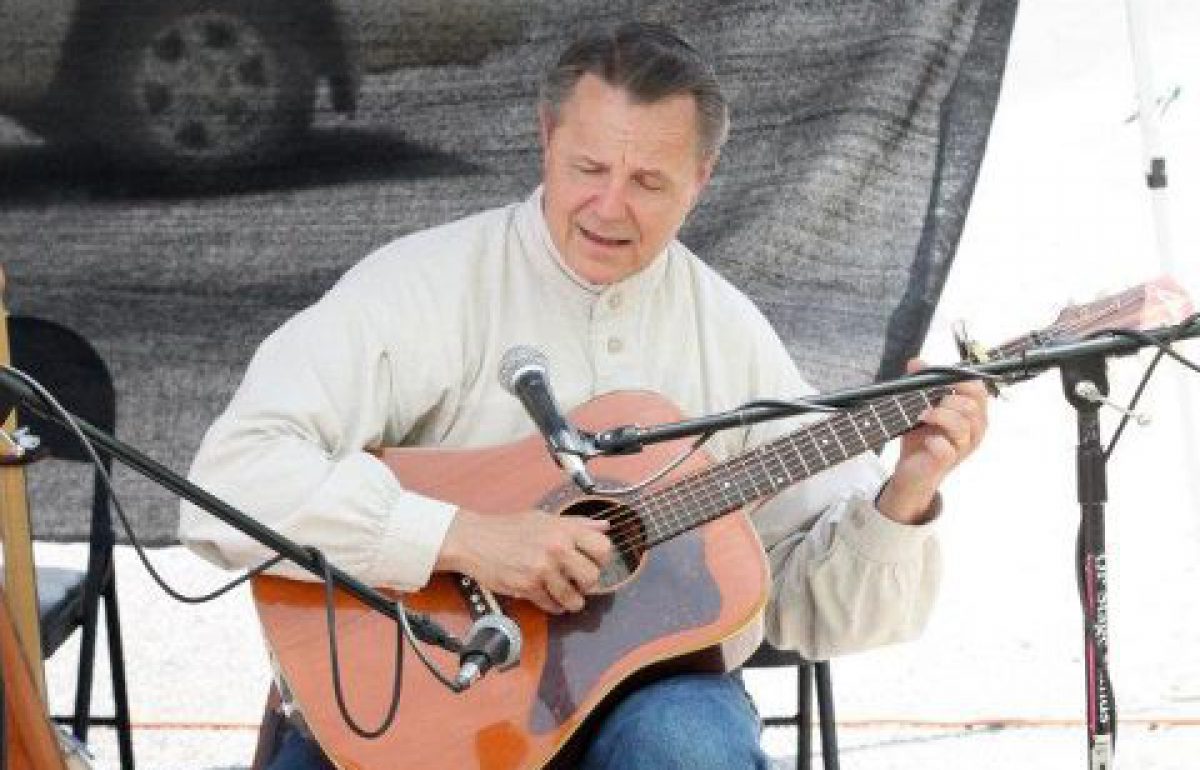Our daughter is home from college, a son is coming over with his wife soon, Old Christian Radio is streaming through the computer, and Wonder Wife is producing various dishes in the kitchen that fill the house with appetizing aromas. Yes, it’s Thanksgiving morning at the Barleys’ again.
It won’t always be this way. Already we have one son who didn’t come home for the holiday, so the process of disintegration has taken its toll. Eventually the kids will be all over the world and “the old days” will be a memory. But that’s how it needs to be. God didn’t call us to huddle together like a pile of baby turtles in the pet shop aquarium; he called us to go into all the world and preach the gospel. There’ll be time enough for togetherness once we cross over the river and rest under the shade of the trees.
Gratitude is a proof of God’s existence. Today is cloudless in Memphis and the temperature is about 60 degrees. Whom does an atheist thank when he perceives natural beauty, and perceives within himself that he has received far better than he deserves? There must be someone to thank, or else gratitude is a perverse condition of the mind. But we know when we experience it that gratitutde is right, not wrong. Therefore, we know that there is a God who grants us the good things we enjoy in this world.
That is an informal logical argument, but I doubt that I have any readers who have studied formal logic enough to be offended by my lack of rigor. I think I developed this argument on my own, but I found out later that G. K. Chesterton articulated it a hundred years ago, and I may have seen it in his writings, or even somewhere else, and simply forgot it. But I know that in my heart I feel profoundly grateful to God nearly every hour of every day. I even believe that I feel more gratitude than the average Christian does, just from casual conversations on the topic.
The Lord said that he who has been forgiven the most will love God the most. We who are saved have all been forgiven more than we can measure, but some of us don’t think about it enough.

 Adrian Rogers died in the hospital this morning, succumbing to the combined attacks of double pneumonia, colon cancer, and chemotherapy.
Adrian Rogers died in the hospital this morning, succumbing to the combined attacks of double pneumonia, colon cancer, and chemotherapy.